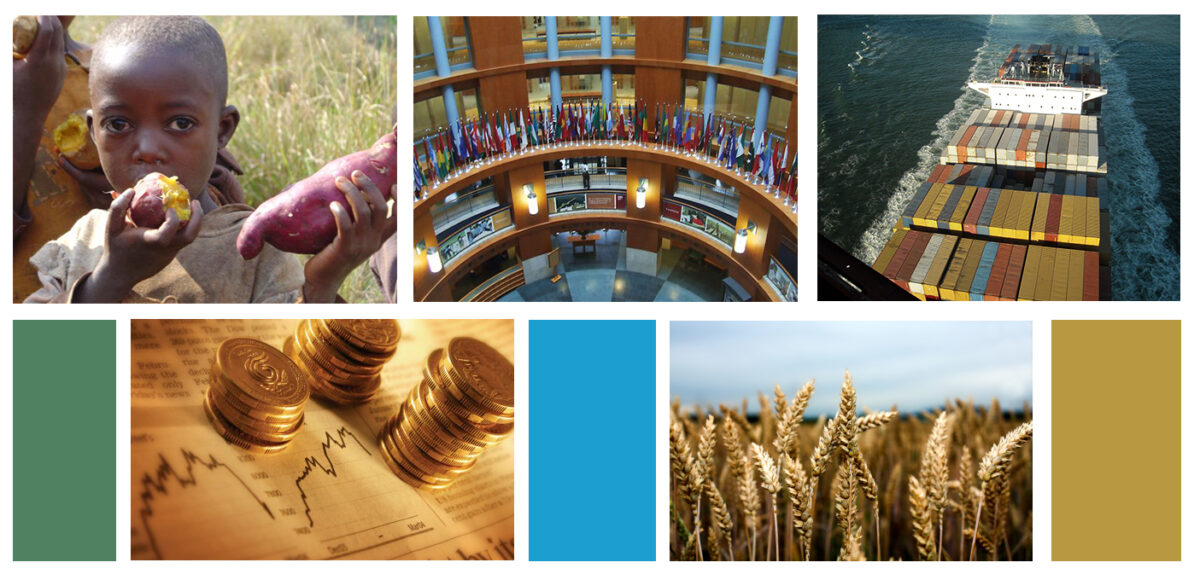Summary of the 5th InsTED Workshop at Syracuse University
We would like to thank The Department of Economics and the Maxwell School of Citizenship and Public Affairs, Syracuse University, for hosting and sponsoring the 5th InsTED Workshop. We are also grateful for sponsorship and organizational support from the Moynihan Institute of Global Affairs, as well as sponsorship from the Program for the Advancement of […]

